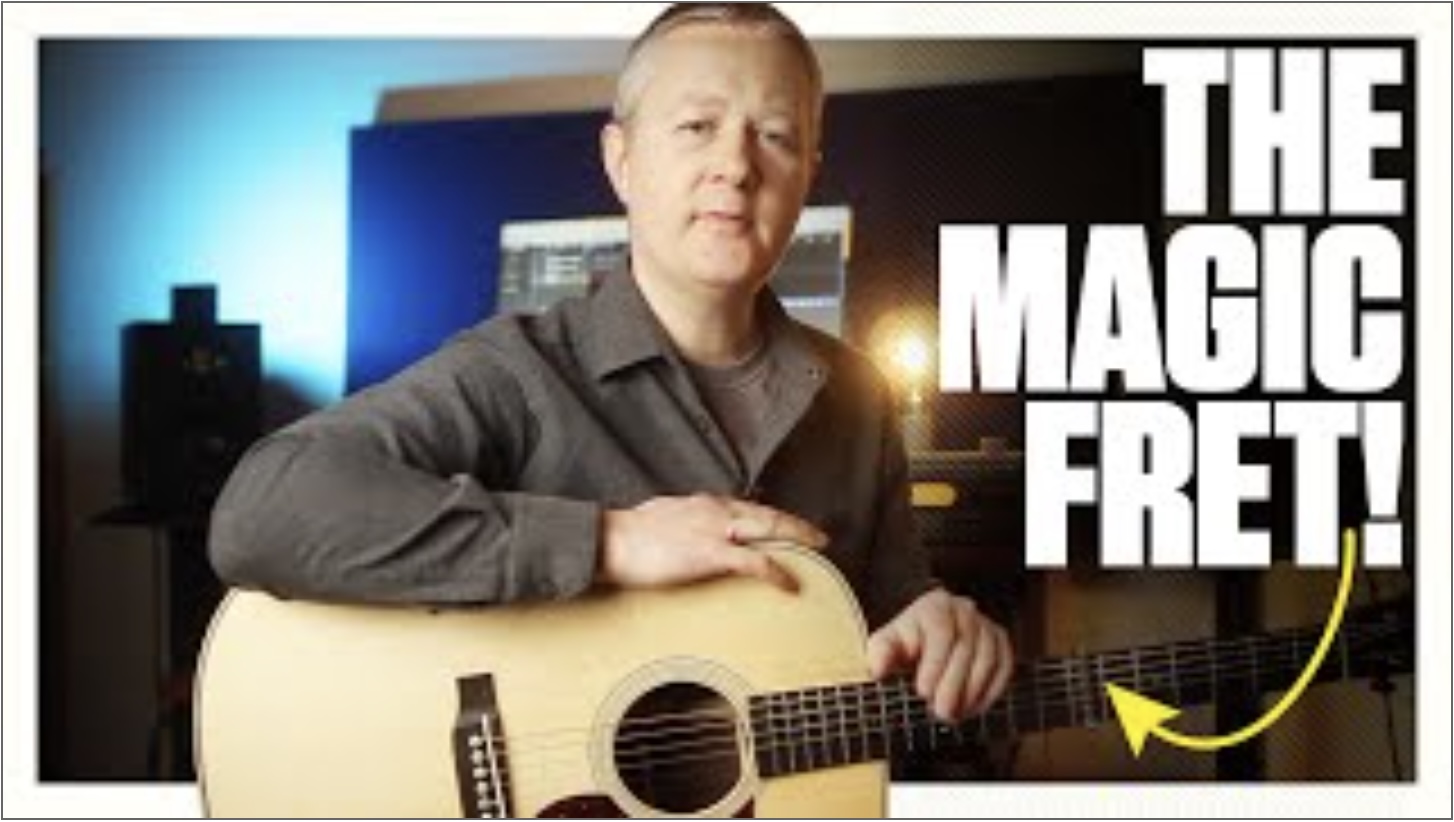How to play blues scale riffs
Beginner guitar: add one note to the minor pentatonic scale and unlock the formula for countless classic-rock riffs
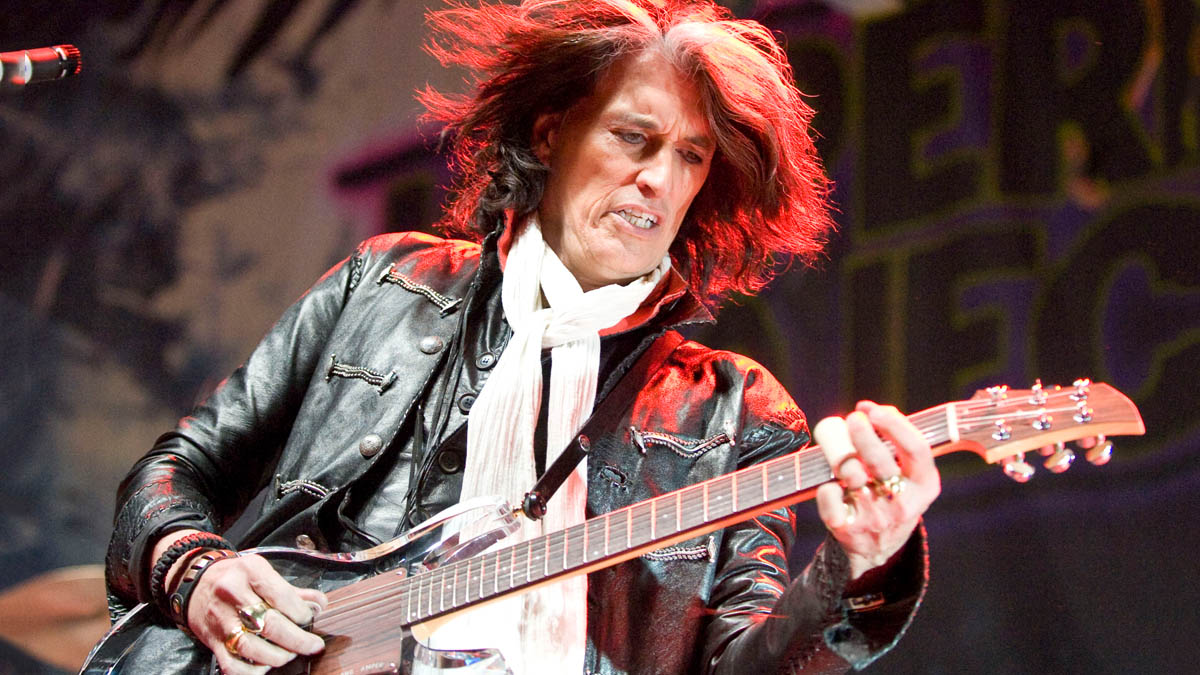
Beginner guitar: Previously, we've looked at how to play lead guitar using the E minor pentatonic scale. Here, we extend the idea, add the octave below and introduce a new note. This variant of the scale might just be the basis for more classic rock, blues and funk riffs than all other scales combined!
Single-note blues-scale riffs are especially popular with funk-influenced rock bands from Wild Cherry to Extreme, who take funk basslines and convert them into hard grooving guitar parts.
By adding one vital note to the E minor pentatonic scale (a Bb note: 1st fret, fifth string) you get the E blues scale, a nastier, dirtier beast. It’s remarkable how much difference adding one note to a scale makes.
This note is dissonant, so don’t land on it for long periods unless you want a deliberately harsh effect. As a passing note between A and B though, the Bb sounds great. Read on and we’ll explain all...
Essential scales
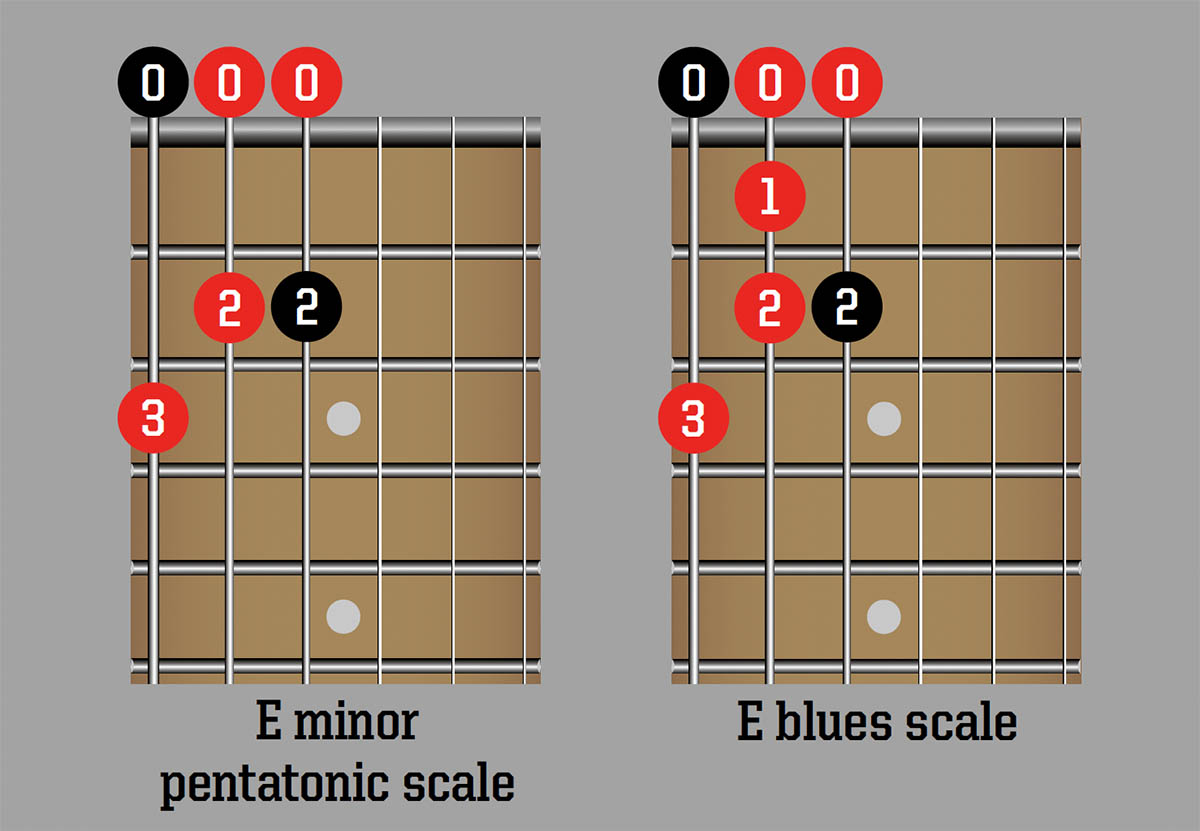
Technique check
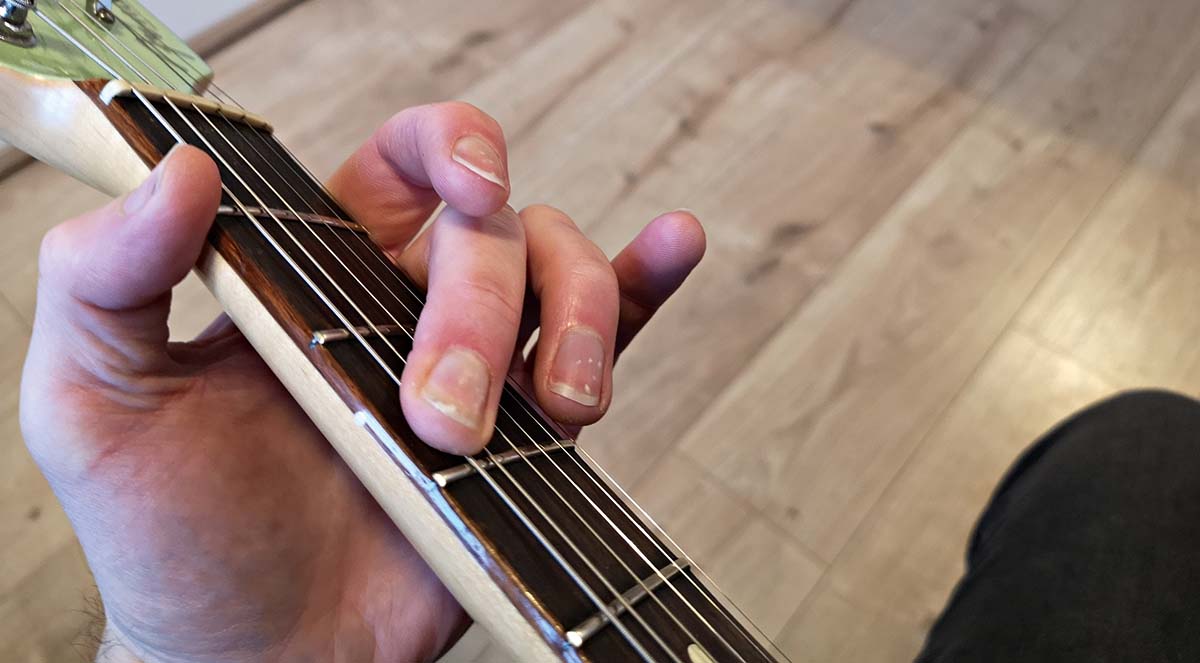
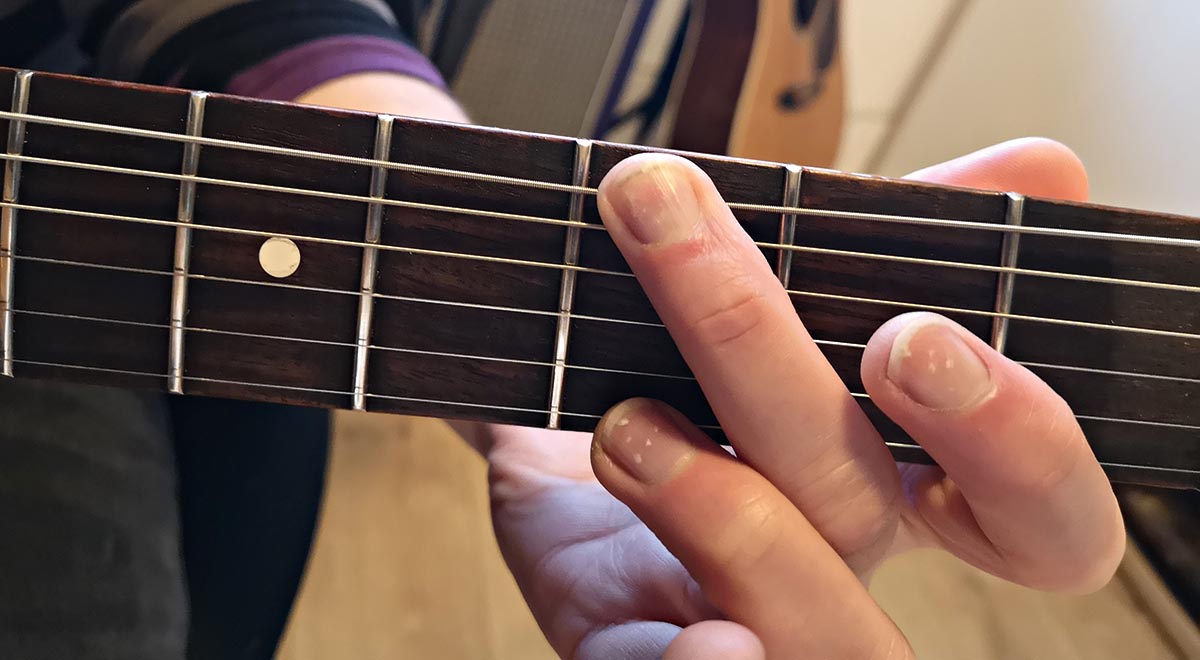
1. The "Blues Curl"
Technically known as quarter-tone bends, the idea behind this bluesy technique is to bend the string slightly, but not enough to sound like the next fret. Played on the 3rd fret G note, you’ll create a sound halfway between G and G#.
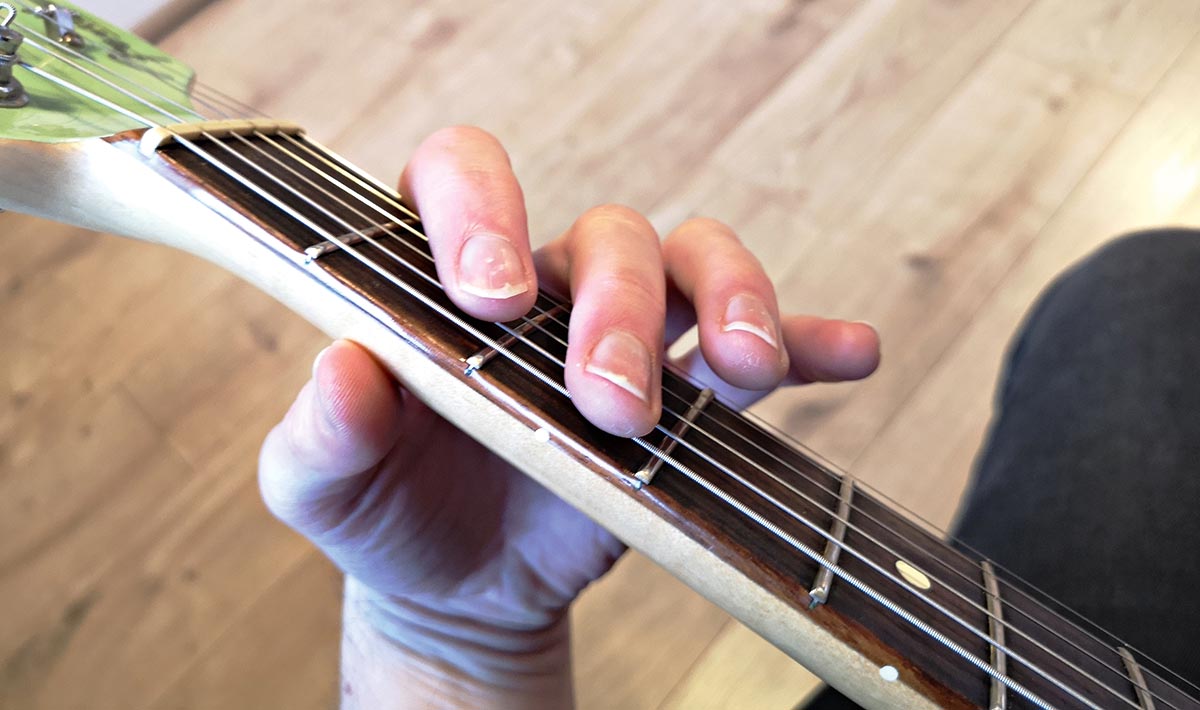
2. Finger position: E minor pentatonic scale
Play the E minor pentatonic scale with your first and second fingers if you need to play notes higher up the fretboard...
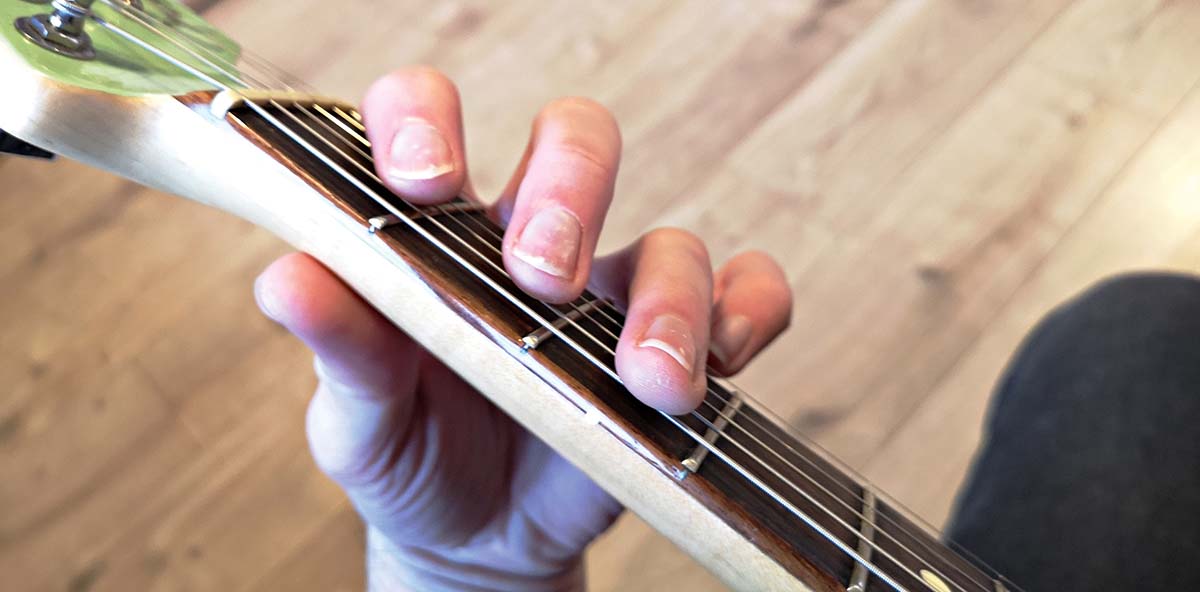
3. Finger position: E blues scale
...but use your first, second and third fingers for the blues scale so your first finger can play the extra Bb note.
1. Minor pentatonic funk-rock

This is a funk-rock riff with hints of the Chili Peppers, or, if you use more overdrive, Aerosmith. Without a Bb note, this line is pure E minor pentatonic. Feel free to use hammer-ons wherever you need to: picking every note is harder and can sound too rigid.
2. Blues scale rock

This is a Led Zeppelin-influenced riff. You can hear how the blues-scale Bb note at the 1st fret makes the riff sound meaner. Not convinced? Try playing this vital note over the audio track to hear the clashing harmony. Finally, take care not to speed up here. Slower is heavier.
10 of the best classic riffs that use the blues scale
1. Gary Clark Jr. – When My Train Pulls In
This riff is pure E minor pentatonic. No need for that pesky blues-scale Bb note just yet!
2. Aerosmith – Walk This Way
Joe Perry’s riff starts on the open A string, but it is E blues scale, we promise!
3. AC/DC – Beating Around The Bush
Though recorded half a semitone below standard tuning, this uptempo rocker is all E blues scale.
4. Black Sabbath – Into The Void
Another open-position E blues scale riff, although Iommi added a D# note into the mix.
5. Tom Petty – Running Down A Dream
Mike Campbell’s riff moves the blues scale notes up to the 5th, 6th and 7th frets of the sixth string.
6. The Doors – Roadhouse Blues
Another riff played above the 5th fret instead of staying within the open-position shape.
7. Red Hot Chili Peppers – Good Time Boys
Lots of higher notes to filter out here, but the lower part of the riff is based in the E blues scale.
8. Led Zeppelin – Heartbreaker
Jimmy Page’s legendary A blues scale riff is tricky to pick up by ear. The first note is a low G, not a root note.
9. Stevie Ray Vaughan – Life By The Drop
SRV’s intro lick is played in the same A blues scale shape as Page’s masterpiece.
10. Cream – Sunshine Of Your Love
This classic riff is played up at the 10th fret in the D blues scale. Like an A shape, but 10 frets higher.
Get The Pick Newsletter
All the latest guitar news, interviews, lessons, reviews, deals and more, direct to your inbox!
Total Guitar is one of Europe's biggest guitar magazines. With lessons to suit players of all levels, TG's world-class tuition is friendly, accessible and jargon-free, whether you want to brush up on your technique or improve your music theory knowledge. We also talk to the biggest names in the world of guitar – from interviews with all-time greats like Brian May and Eddie Van Halen to our behind the scenes Rig Tour features, we get you up close with the guitarists that matter to you.

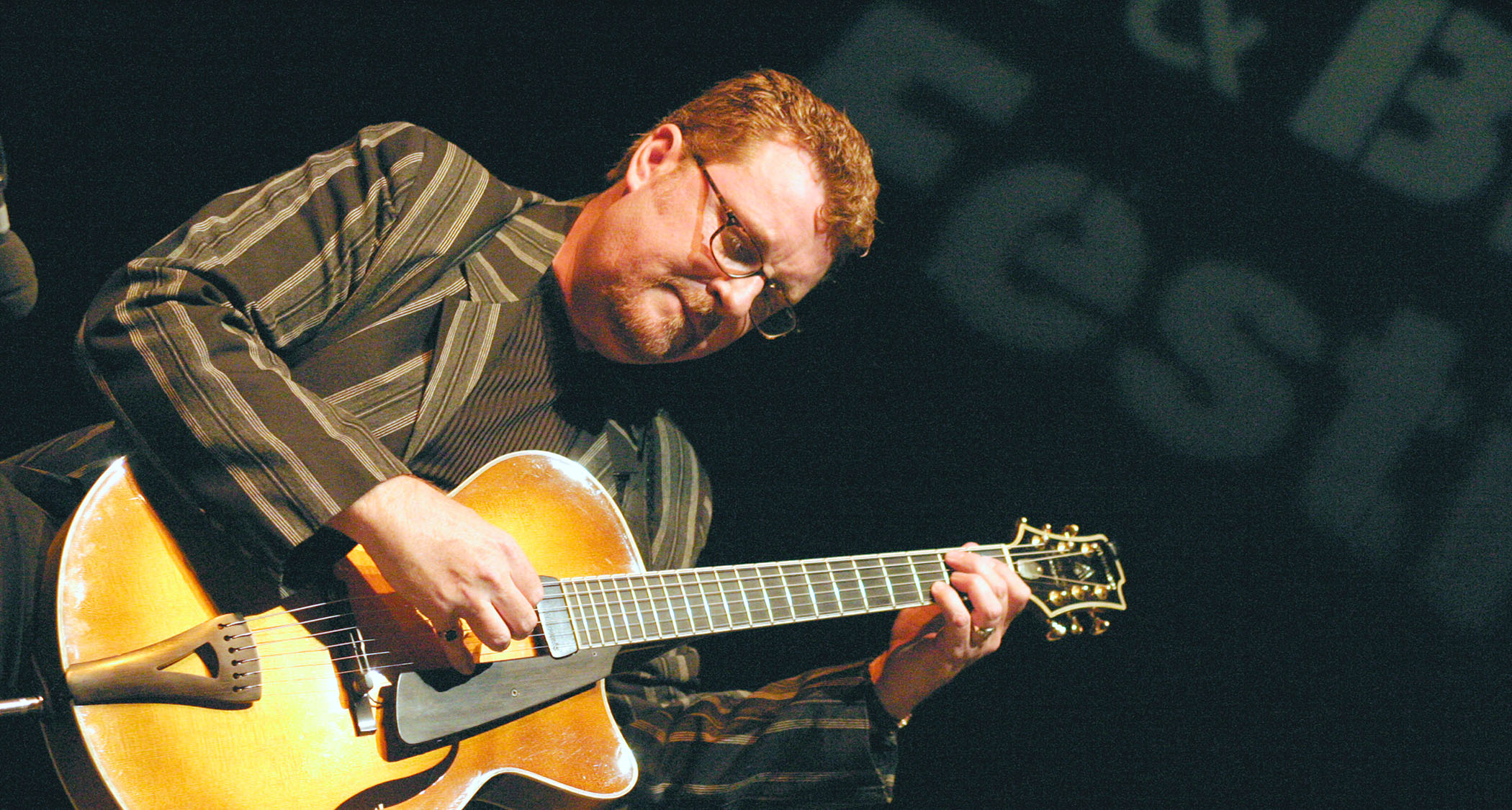
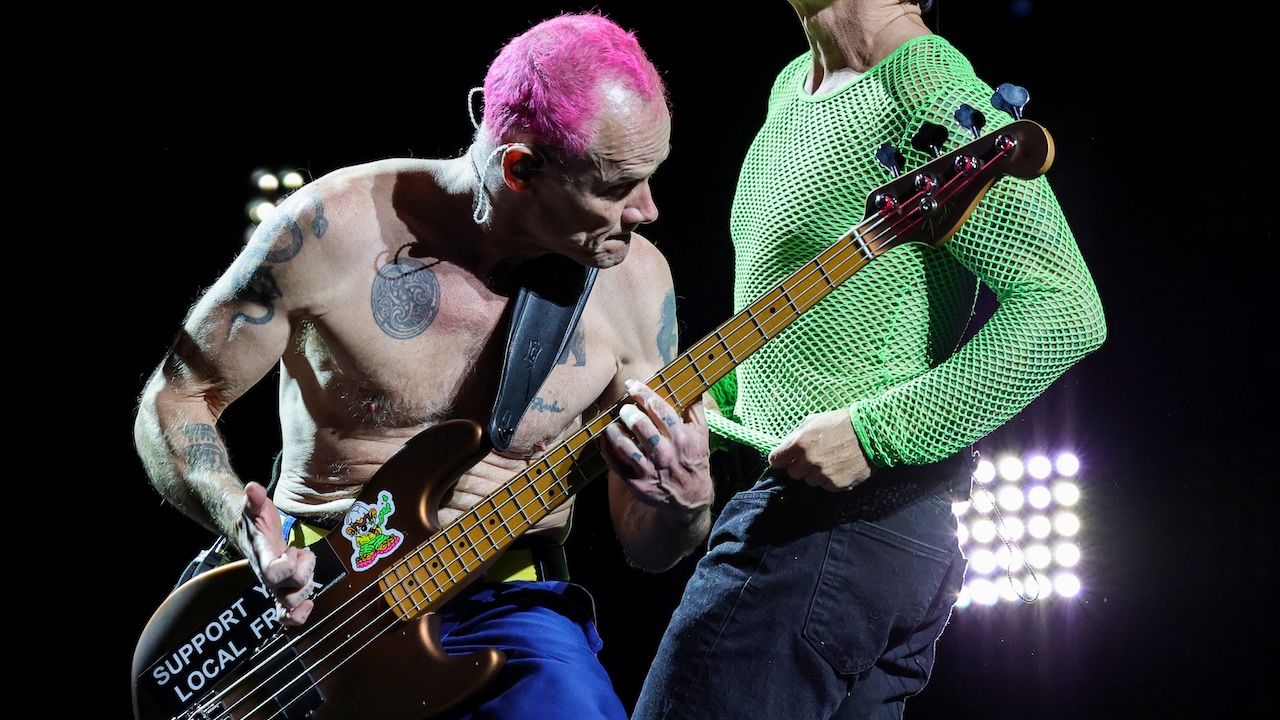
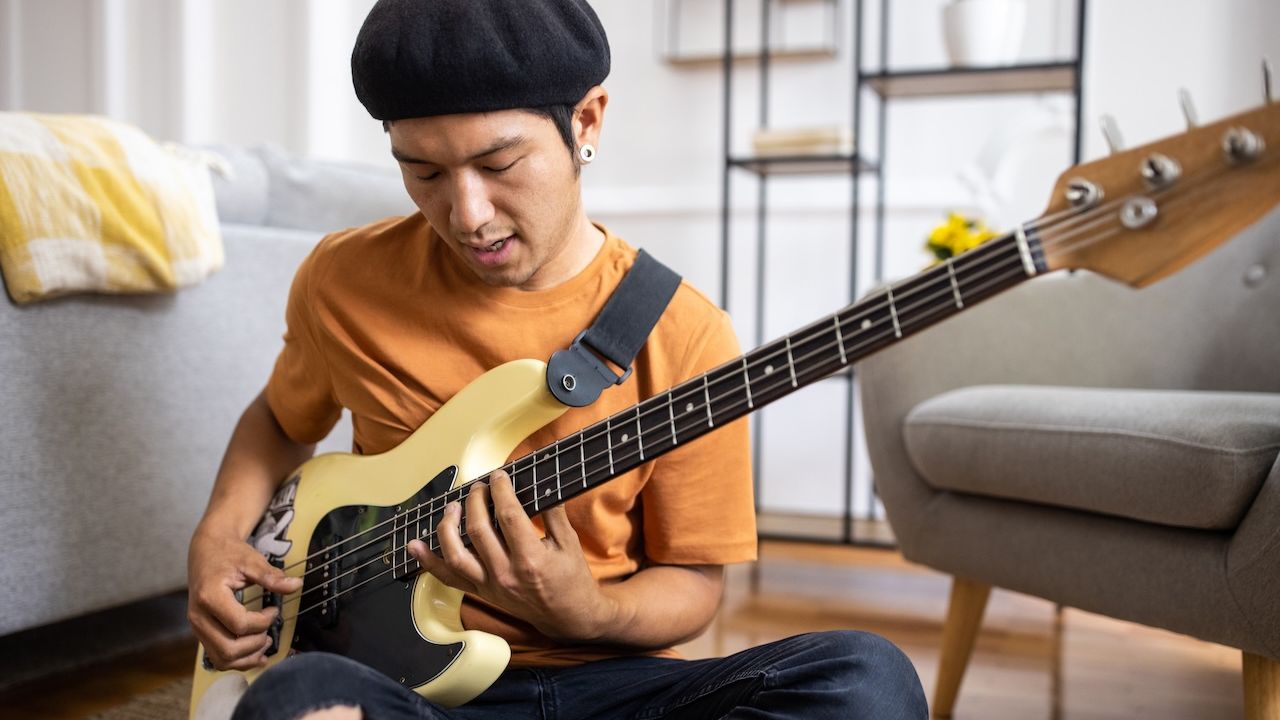
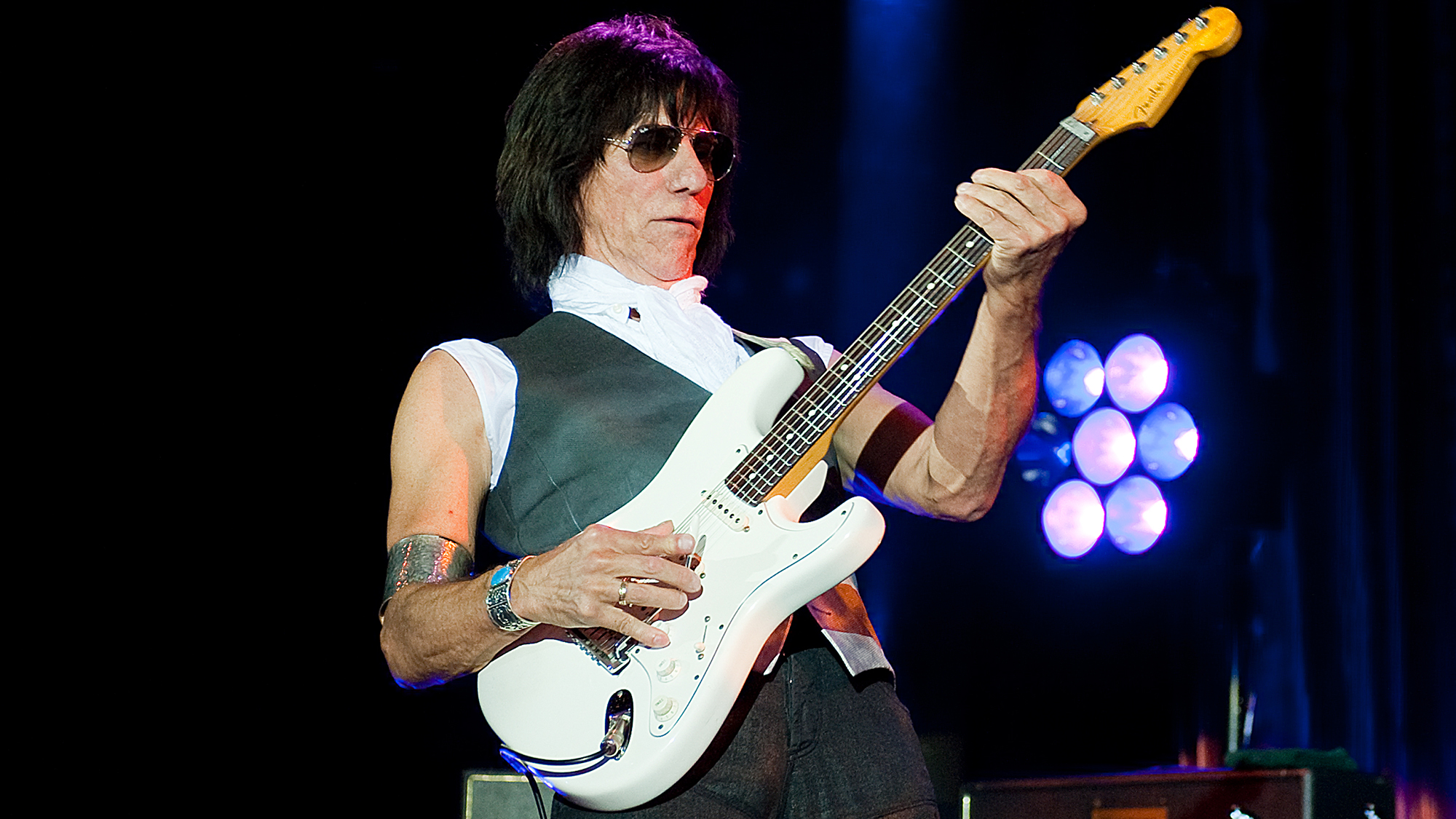
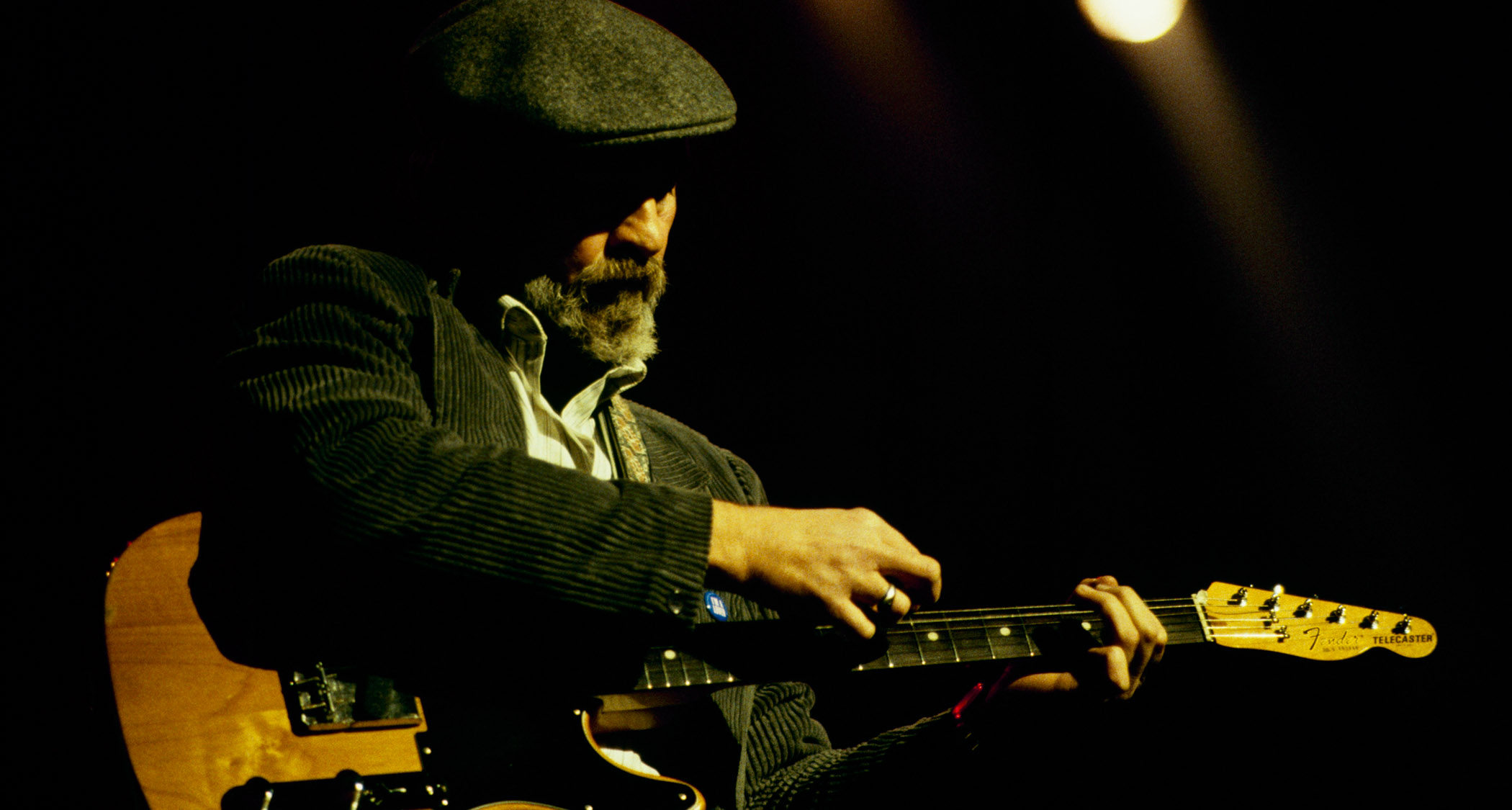
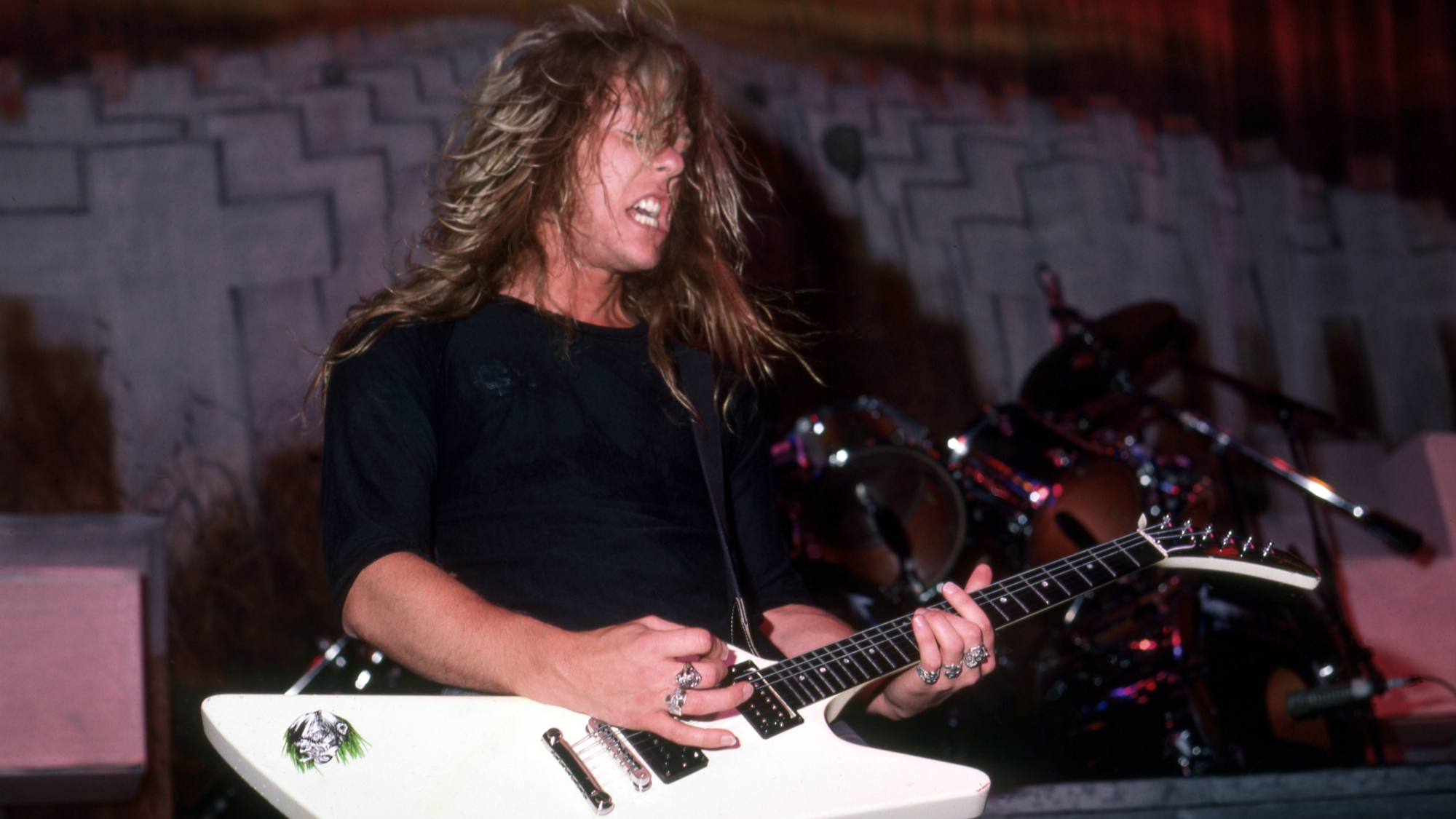
![Joe Bonamassa [left] wears a deep blue suit and polka-dotted shirt and plays his green refin Strat; the late Irish blues legend Rory Gallagher [right] screams and inflicts some punishment on his heavily worn number one Stratocaster.](https://cdn.mos.cms.futurecdn.net/cw28h7UBcTVfTLs7p7eiLe.jpg)


